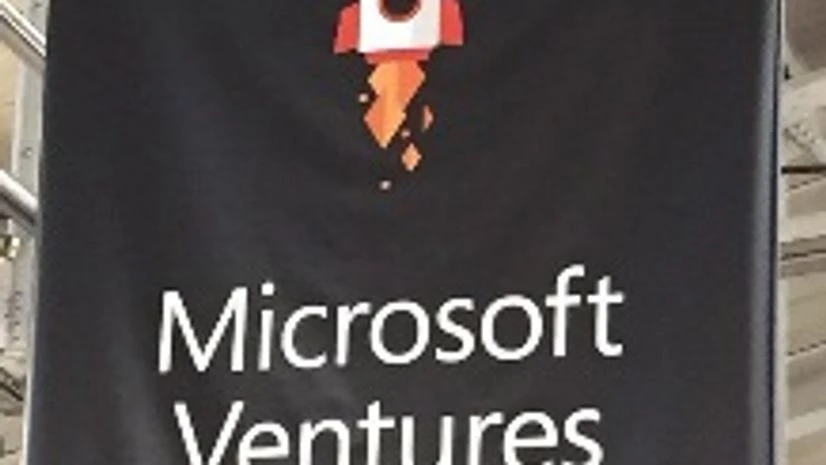It’s been three years since Microsoft Accelerator set up shop in Bengaluru. It has, so far, made six partnerships with the likes of Reliance, Patni, Citibank and Indian School of Design and Innovation (ISDI), among others. They have graduated about 80 companies and most of these have been in their infancy. But, the US-headquartered company is trying to change tack a bit, and looking to accelerate later-stage companies as well.
“We will now accept later-stage start-ups as well… even those after Series-A funding,” said Narendra Bhandari, general manager, developer experience and evangelism, Microsoft India. Incubators typically focus on bootstrapped and angel-funded companies providing them technology, an office space, access to mentors and along with helping them network and secure the next round of funding. Usually, for these services incubators pick up a small portion of equity or the company has to pay them back once revenues start to trickle in. This, however, is not the way the Accelerator operates. “We work on a zero capital, zero equity model. All we do is help the ecosystem,” said Bhandari.
Microsoft Accelerator usually keeps its call for entries quiet, especially before the start of a batch. Word of mouth and reputation, Bhandari said, helped them pull in the crowds. The focus of these start-ups is decided on the basis of partnerships made. One of these partnerships that recently bore fruit was with ISDI.
Also Read
“We wanted to create a design-led entrepreneurship system and that was our main focus,” said Siddharth Shahani, executive director, ISDI, which just graduated six start-ups after an eight-month programme. Three of these start-ups, ISDI said, would announce funding news in the next two months. The focus for ISDI, unlike Microsoft, has been business-to-customer companies, as that is where design plays in an important role. Shahani explained that while ISDI brought design expertise to the table, the partnership with Microsoft meant it could provide technology expertise, which it couldn’t. “We had two non-tech enabled start-ups and they both now have managed to use Microsoft guidance to optimise their supply chain and get scale,” added Shahani.
The review process in all Microsoft-led incubators is stringent and with partnerships that range from Internet of Things (IoT) to retail, the primary area of interest is to add value to the ecosystem. But, is there a temptation to pick up some of these start-ups and use their products as white label offerings for Microsoft? “No. We will never do that either,” said Bhandari. What Microsoft prides itself is in getting these start-ups in touch with the right kind of mentors. “We have a mix of internal and external mentors who guide them into developing the right product. We even call in founders whose start-ups have graduated and have raised money to share their views,” said Bhandari.
The Accelerator has, at different times, graduated ZoomCar, CloudCherry and ZingHR among others. Some of them have become market leaders in their segments. These founders then have made their way back to the Bengaluru campus to guide upcoming start-ups. This has helped the Accelerator boast an extraordinary success rate. “Almost two-thirds of our graduates go on to get funded. That is a very good number,” added Bhandari.
The company believes start-ups in the banking, financial services and insurance (BFSI) segment, especially in fraud detection, will catch on. Bhandari and his team, however, are not as passive as they might seem. Microsoft uses its accelerators across the world to create a network and gives its batches access to them. “Sometimes, there have been pivots because of idea exchange. Some have even swapped technology. It makes for a very harmonious growth atmosphere,” said Bhandari.
For Microsoft Accelerator, there is only one thing that is of primary importance: customer experience. “The success of a start-up is dependent on quality of customer experience,” he signed off.

)
